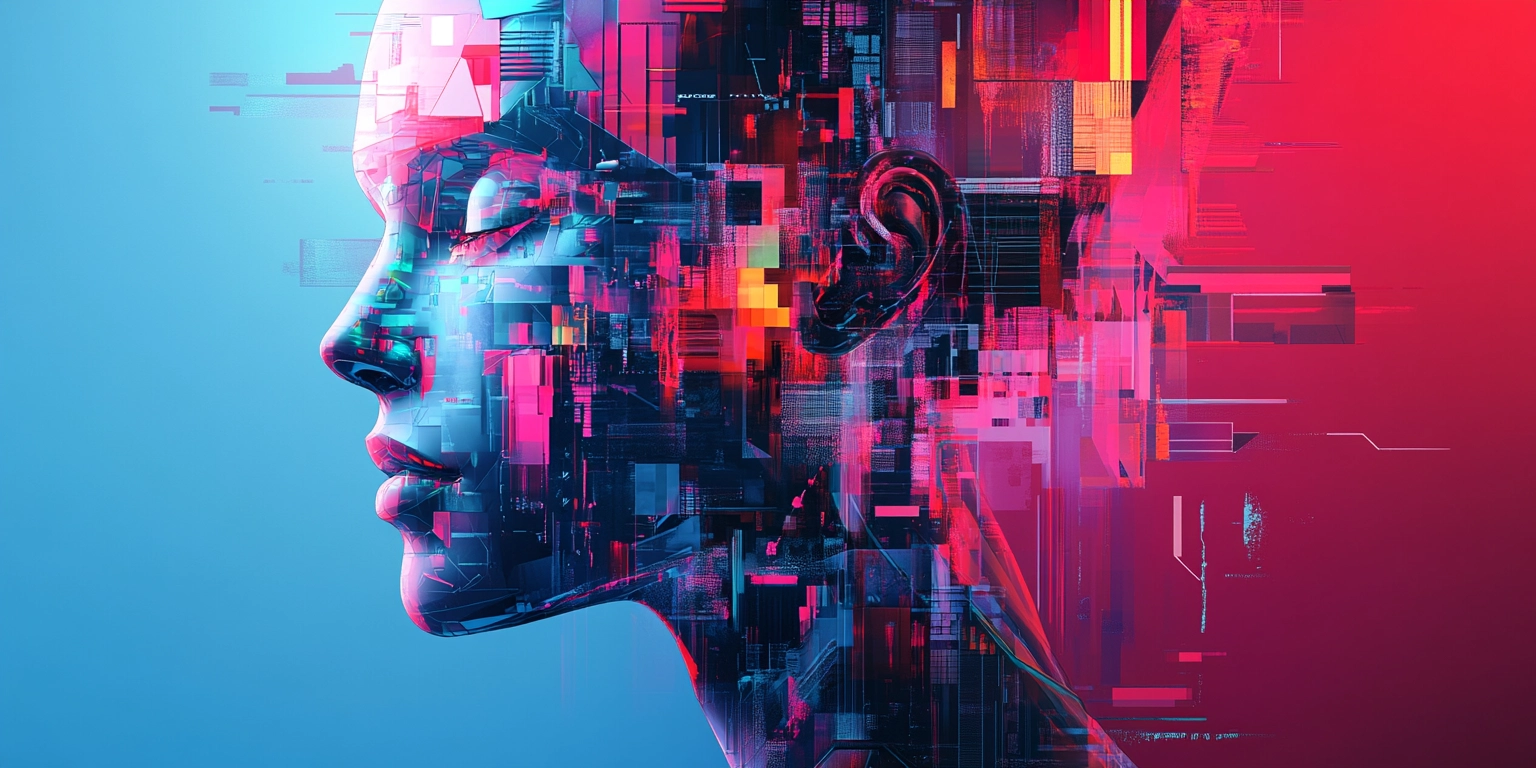Artificial intelligence, ChatGPT and ‘AIgiarism’ – what are the implications for higher education?
In advance of Kortext Live, we spoke to Andrew Bates (Chief Product Officer at Kortext) about the use of artificial intelligence (AI) in higher education, and how it can enhance the student learning experience.
What is artificial intelligence?
The definition of AI has changed over time, but put simply it is “a system’s ability to correctly interpret external data, to learn from such data, and to use those learnings to achieve specific goals and tasks through flexible adaptation”. We take AI tools for granted every day – from search engines to digital voice assistants to facial recognition on our phones. Generative AI is a field of artificial intelligence that has taken the world by storm. Its goal is to mimic the way humans think and communicate. The best known example of generative AI is ChatGPT, developed by OpenAI. ChatGPT is based on GPT (Generative Pre-trained Transformer) architecture, which is a type of deep neural network designed to generate human-like text. It has been trained on massive amounts of text data (including books, articles and web pages) in order to understand and generate responses to a wide range of natural language inputs (thanks ChatGPT for that description). There has been a proliferation of generative AI writing apps, with enterprise software companies like Microsoft and Google (as well as a host of start-up companies) implementing the technology for a variety of uses.
What’s the problem?
Generative AI writing apps offer exciting possibilities, but their human-like response is causing much concern in higher education as students may use them to write assignments. If an academic can’t tell whether a student’s assignment is all their own work, it raises questions about plagiarism and academic integrity in the current higher education assessment model. So how is the technology industry addressing the issue of ‘AIgiarism’? OpenAI has updated its usage policy, stating that it doesn’t allow use for “fraudulent or deceptive activity” including plagiarism and academic dishonesty (although it’s questionable how this could be enforced in reality). The company is also reportedly working on technology to “statistically watermark the outputs”, making them detectable as AI-generated text. However, these preventative measures are not being adopted across the industry. Instead, the focus of other generative AI writing apps seems to be more on promoting their app’s inbuilt plagiarism checker, claiming the output won’t be flagged by plagiarism detection tools.
Is AI bad for learning?
Does that mean AI is a negative development for higher education? No, not from Kortext’s perspective. The QAA Briefing on AI and academic integrity doesn’t advise banning generative AI writing apps. Instead it suggests higher education providers should use this as an opportunity to rethink assessment design, engaging students and staff in the development of “authentic and innovative” assessment methods. ChatGPT (and other AI tools) can provide opportunities to encourage students to think critically, be more reflective, participate in group discussions, use problem-solving skills and engage in assessments that are more relevant to real-life scenarios in the workplace. Indeed, there is concern in the sector about the use of AI detection tools; they can return false-positives and their performance can vary across disciplines. At this stage, it’s important not to be over-reliant on them, but instead to “regard these classifiers as add-ons, whose conclusions require critical analysis”.
The future is bright
For some students, plagiarism becomes a shortcut when they don’t have enough time to meet a deadline – it can be tempting to make a bad decision when you’re under pressure. Our market-leading Arcturus smart study platform uses AI technologies to enable students to do more in their limited time. In our eTextbooks, students can search, highlight text, make notes, add bookmarks and translate text intelligently into 100+ languages. By making tasks like these quicker and easier, we’re saving students time and enabling them to focus on deeper learning. Our collaborative AI technologies will support academics to drive student engagement with their course content, by creating learning objectives from adopted learning content and by personalizing student learning journeys. Our engagement insights help academics keep track of students’ interactions with all content in workbooks, allowing them to diagnose at an early stage where more support is needed. Kortext is working actively with the higher education sector to develop more AI tools to improve the student experience. AI technologies have the potential to transform higher education and we’re excited about the possibilities that lie ahead.
If you’re interested in hearing more about the impact of AI on higher education, come along to Kortext Live, our free in-person event at Imperial College London on 25 April 2023, where we will be discussing this topic and more.






